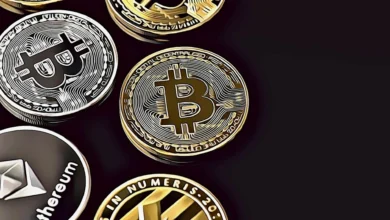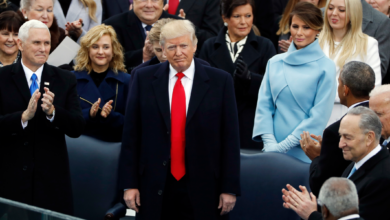North Korean Hackers Steal $1.3B Target Larger Profits in 2024

Governments worldwide are looking for North Korean North Korean Hackers Steal $1.3B who stole more than half of the cryptocurrency in 2024. Some of the most memorable cyber thefts in Web3, such as the $600 million Ronin network intrusion, have been linked to hackers like the notorious Lazarus Group.
South Korea recently imposed sanctions on one connected group and fifteen individuals from North Korean IT organizations. In a press release dated December 26, the South Korean Ministry of Foreign Affairs stated that the sanctioned individuals have reportedly engaged in “overseas foreign currency-earning activities to fund North Korea’s nuclear missile development program and the DPRK’s Munitions Industry Department.
Members of the 313th General Bureau, including Kim Cheol-min, are among those sanctioned for allegedly laundering “large amounts of foreign currency” to Pyongyang’s nuclear weapons program from covert operations with US and Canadian corporations.
North Korean Hackers Steal $1.3B in 2024
American senators indicted Kim Ryu Song, another sanctioned worker, on December 11 for allegedly laundering money, stealing identities, and breaking sanctions while earning over $88 million in six years, as reported by South Korean media.

Crypto North Korean Hackers Steal $1.3B had another banner year in 2024, stealing $2.3 billion worth of crypto—a 40% rise over the value stolen in 2023—and the sanctions followed like that. Hackers from North Korea stole $1.3 billion in 2024, according to Chainalysis. Hackers with ties to North Korea pose a serious risk to the safety of the cryptocurrency market.
Chainalysis data shows that North Korean hackers increased their theft of digital assets by 102% in 2024, from $660 million in 2023 to over $1.34 billion in 47 cases. The entire value of Crypto taken in 2024 was over $61%, or $1.34 billion; more than 20% of all hacking instances were of this amount.
North Korean Hackers Target Bigger Profits in 2025
Even while the aggregate number of attacks decreased in 2025, a concerning trend is that North Korean agents are upgrading the sophistication of their attacks: The DPRK may have honed its cyber techniques to undertake more profitable exploits, as the frequency of attacks that generated larger earnings of $50-100 million indicates.
Final Thoughts:
There will be a dramatic uptick in the theft of digital assets in 2024 due to the persistent threat that North Korean hackers Steal $1.3B present to the worldwide Bitcoin market. Although there may have been fewer attacks overall, the hackers’ techniques have become far more sophisticated, enabling them to pull off bigger and more lucrative exploits.
North Korean hackers stole $1.3 billion in 2024, demonstrating the increasing threat from organizations like Lazarus that use stolen funds to fund North Korea’s contentious nuclear and missile ambitions. There is a growing sense of urgency to enhance cybersecurity in cryptocurrency as sanction efforts by governments and institutions target specific persons and groups engaged in these illegal activities. A big threat to the safety of the digital asset ecosystem will be the continuation of the trend toward assaults with higher value far into 2025.
FAQs
What groups are linked to these cyber thefts?
The notorious Lazarus Group, a North Korean hacking group, is linked to some of the largest cyber thefts in Web3, including the $600 million Ronin network hack.
Why are North Korean hackers stealing cryptocurrency?
The stolen funds are reportedly being used to support North Korea's nuclear missile development program and other military activities.
How has the sophistication of North Korean cyber attacks evolved?
North Korean hackers have increasingly targeted larger, more profitable exploits, with attacks generating between $50 and $100 million.
What actions are governments taking in response to these cyber crimes?
South Korea and other countries have imposed sanctions on North Korean individuals and groups involved in these cyber activities, aiming to curb the funding of illicit programs.




